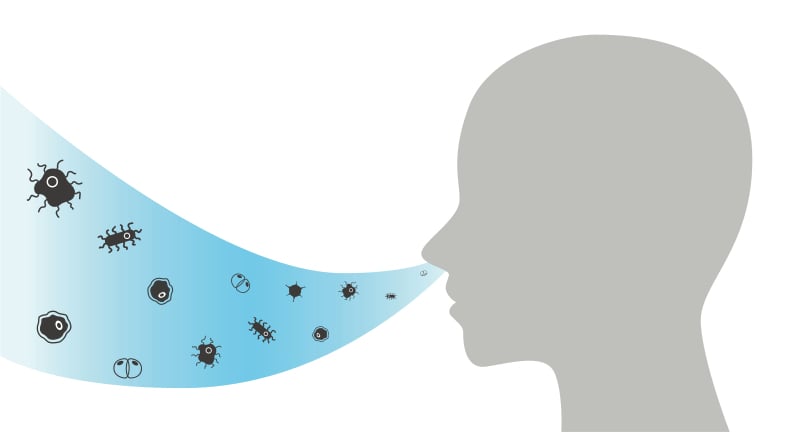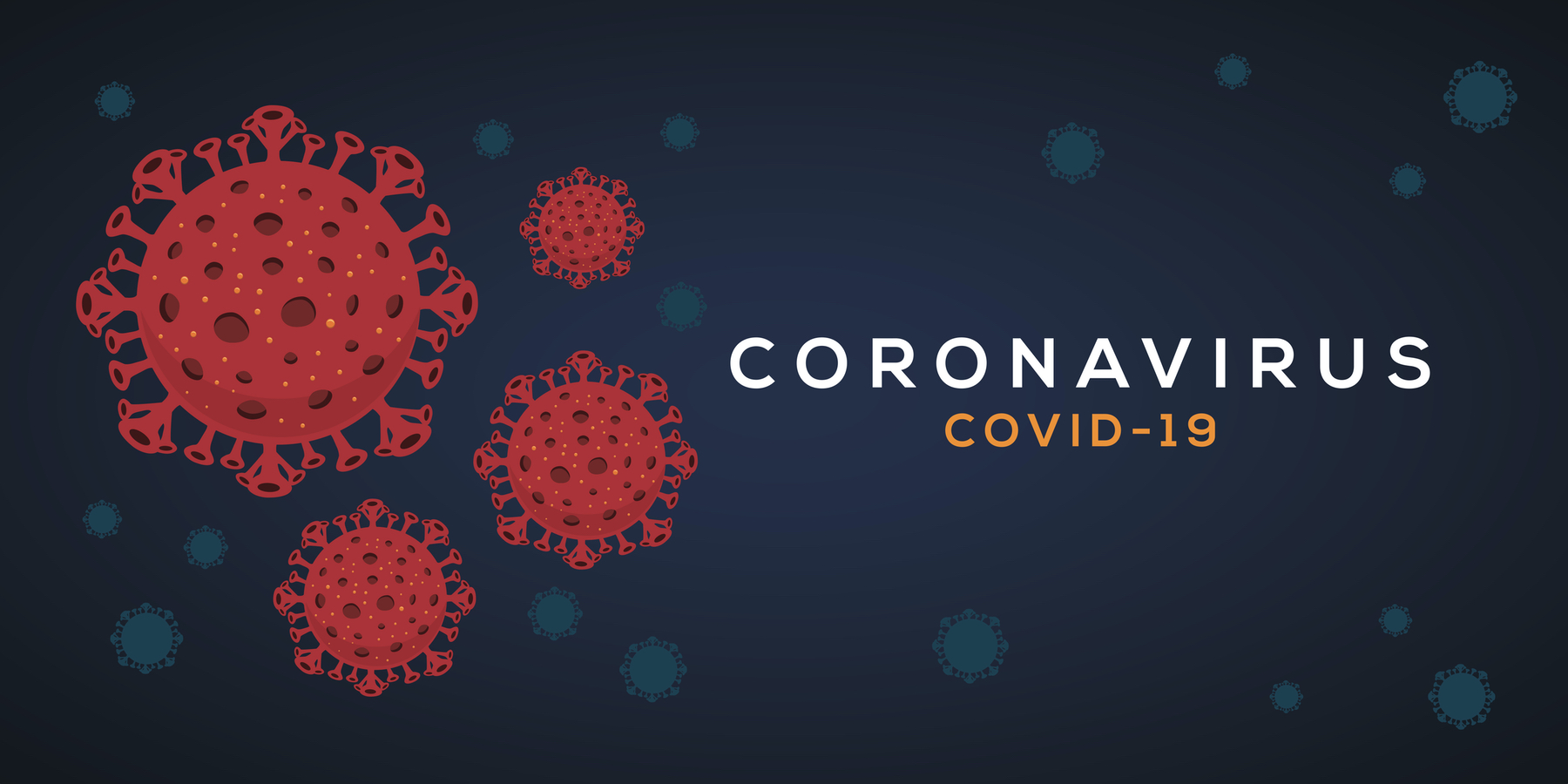How Effective Is Kratom In Managing Chronic Pain?
Kratom is a tree, native to the South Asian countries like Thailand, Malaysia, Indonesia, and Myanmar. For centuries, natives consumed the leaves of this herbal substance to manage pain and boost the body’s metabolism. There are many working compounds present in Kratom, such as 7-hydroxy mitragynine and mitragynine. These ingredients act as the primary active ingredients.
With the increasing demand for natural supplements, prescribed medication has taken a back seat. Many reasons account for harmful side-effects that come with such medicines. That’s where herbal and natural substances come in the form of alternative medication. Kratom is one of the supplements that has gained considerable popularity because of its roots and history. You can either incorporate it into your lifestyle or add it to your diet or regular meals. You can add the leaves to make your morning tea. All you have to do is search for online or offline stores that provide awesome kratom for sale.
However, if you’re having doubtful thoughts, there are solutions. Questions like ‘is Kratom legal in Canada’ or ‘how to search for legal supplements’ will cross your mind. But you can always look on the web or even maps, to clear your doubts.
Those who are suffering from chronic pain and don’t know how to manage it, given below are some essential pointers you shouldn’t miss.
Read More










